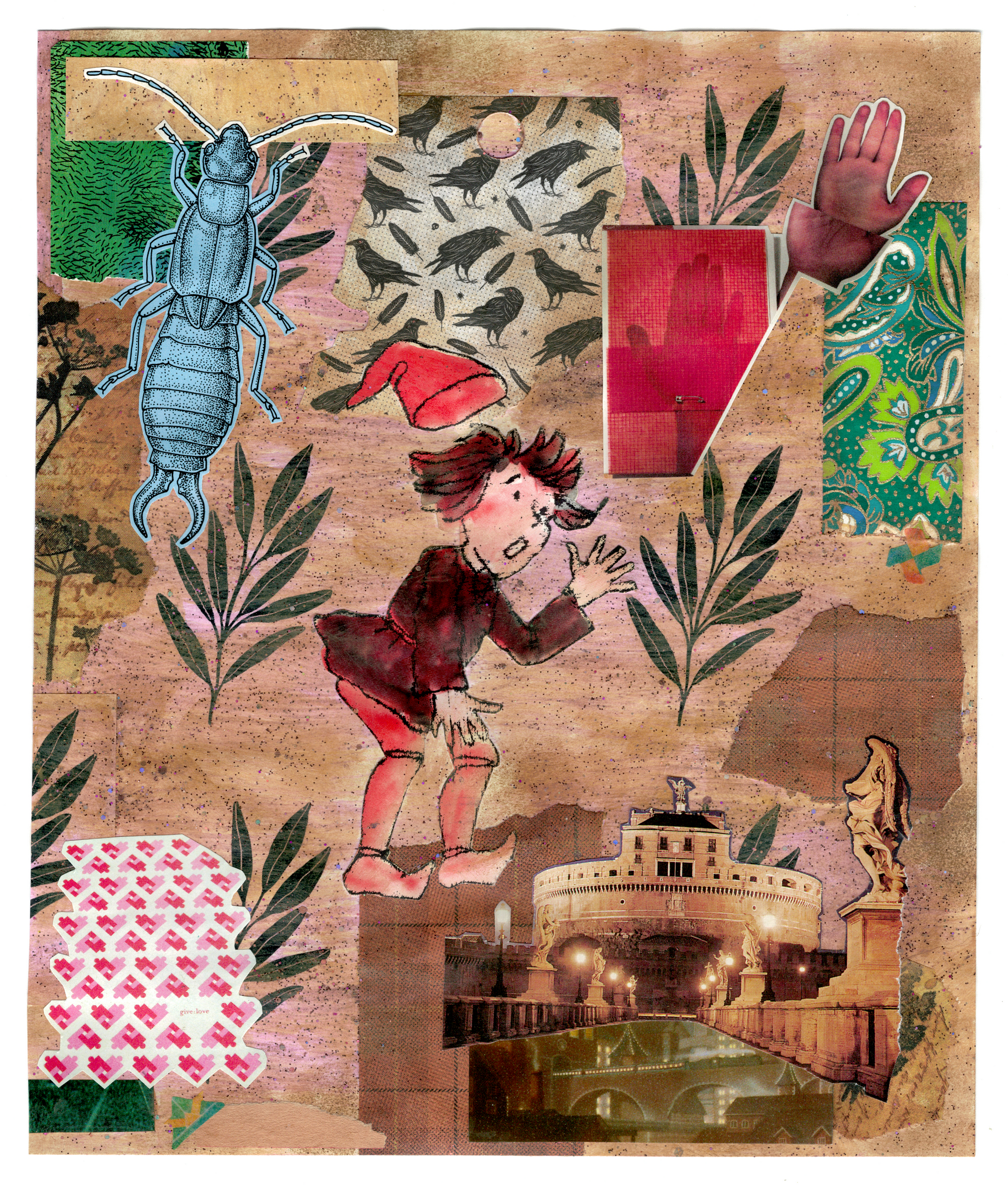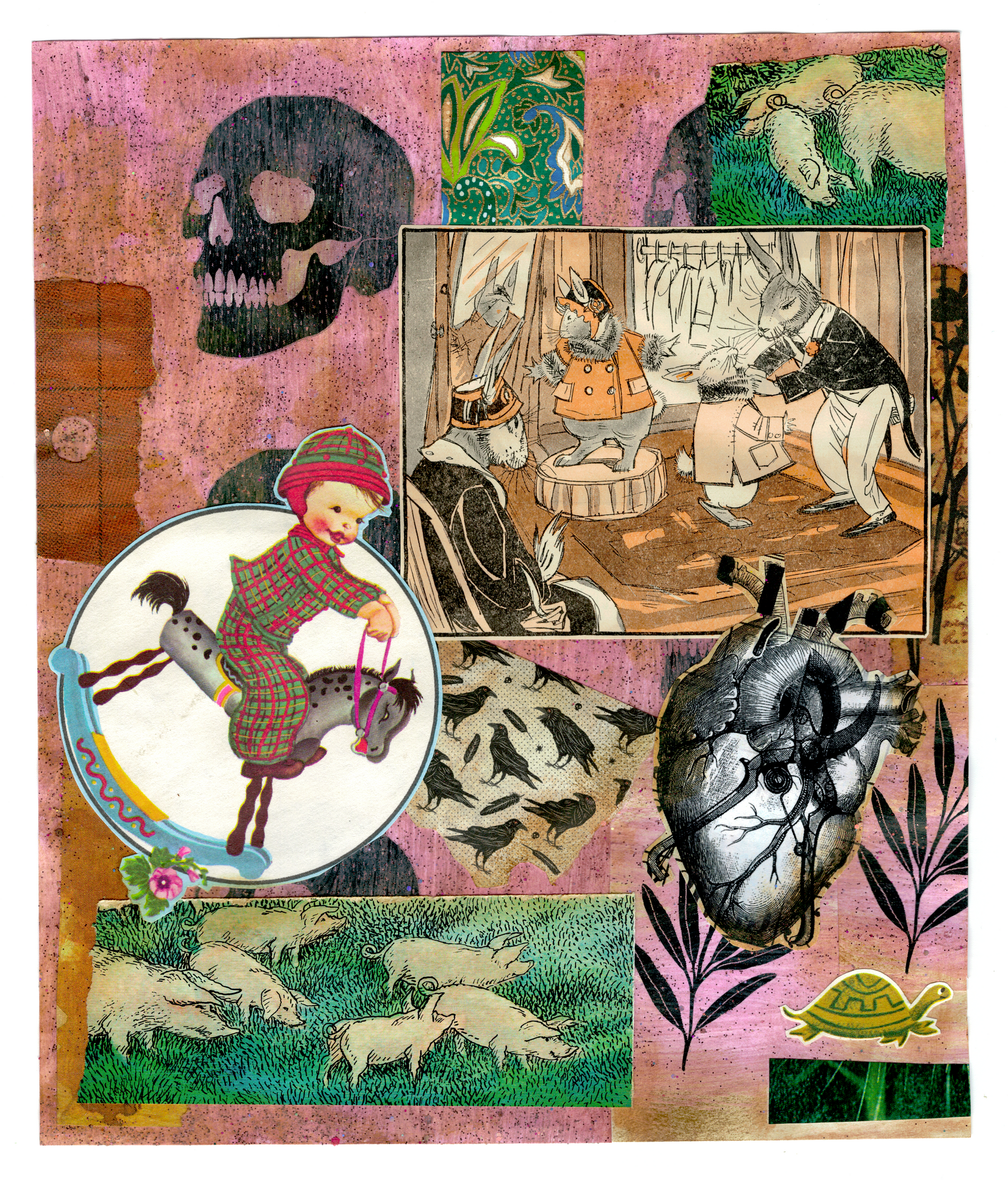the cool part of the world being enchanted is, well, it's enchanted. that's lovely! the downside is that demons want to eat your soul
— 🎀 sonyasupposedly.com 🤖 (@sonyasupposedly) August 22, 2020
I've been spending time in the fairy-tale realm lately, for the reasons so artfully articulated by e-friend Simon Sarris:
Good stories develop their meaning across many levels. To summarize them into statements is to void them of their images, metaphors, allegories. The meanings and knowledge are not in the summary, but in the art itself. Knowledge is gained as those works of art work upon us. [...]
Without an education of stories, it is not only difficult to build your intuition, it is difficult to learn how to learn, and difficult to reason about virtue. Fairy tales and Bildungsroman stories work so well because maturity is almost impossible to transmit rationally, but is a very compelling concept aesthetically. It is learned by seeing others grow the courage to make meaningful decisions, and accept the duty and power and consequences that flow from them. It teaches a mastery that cannot simply be taught through abstract school lessons. [...]
A mythological education is distinct from the common school subjects. It builds in the mind intuition for second-order effects, for the first lesson a child learns from one hundred stories is that every thing you do will have unintended consequences, something years of schoolwork fails to teach. Myths give us shared art and common culture — a set of characters with which we can play in and enjoy together. In any culture rich with myths, their vocabulary is enlarged far beyond words, to allegories and metaphors.
here's a sentence that I'm cutting from an email memo because it's pompous
— 🎀 sonyasupposedly.com 🤖 (@sonyasupposedly) August 18, 2019
> Humans gravitate toward myth, perpetually enchanted by ontologies and egregores. The "folk" understanding of something is its praxis made philosophical.
I find that social reality — by which I mean the accreted perceptions and assumptions that dictate how we treat each other — operates much like magic. Charisma is a glamour; words are spells that can be combined to great effect.
The more conceptually dense or obscure the referent of a given wielded Name, the more advanced the sorcerer is presumed to be. Unless they are particularly clumsy with the Name, I suppose.
The methods and skills with which we embody our ordained habitus — by which we invoke a source of power — comprise the arcane arts bequeathed to some via preternatural blessings and attainable by others only after years of rigorous study and arduous practice.
I think "spells" is actually not a bad mental model for how the average person experiences abstract concepts
— 🎀 sonyasupposedly.com 🤖 (@sonyasupposedly) July 4, 2020
if you're going to cast a new spell, a show of benevolence may soothe your audience — they fear the effect of unknown incantations, and worry that you will corrupt or curse them
— 🎀 sonyasupposedly.com 🤖 (@sonyasupposedly) July 4, 2020
IMO no coincidence that “grammar” and “grimoire” share etymology, and we “spell” words. Language is full of traps and magic.
— Zach Lona (@zachlona) July 4, 2020
Playing status games (not pejorative) has another resemblance to magic: it's costly, and you risk your soul.


These fairy-tale thoughts are related to my (jumbled) "Notes on Narrative," but I'm still grasping at how.
Thanks for listening. Talk soon.





